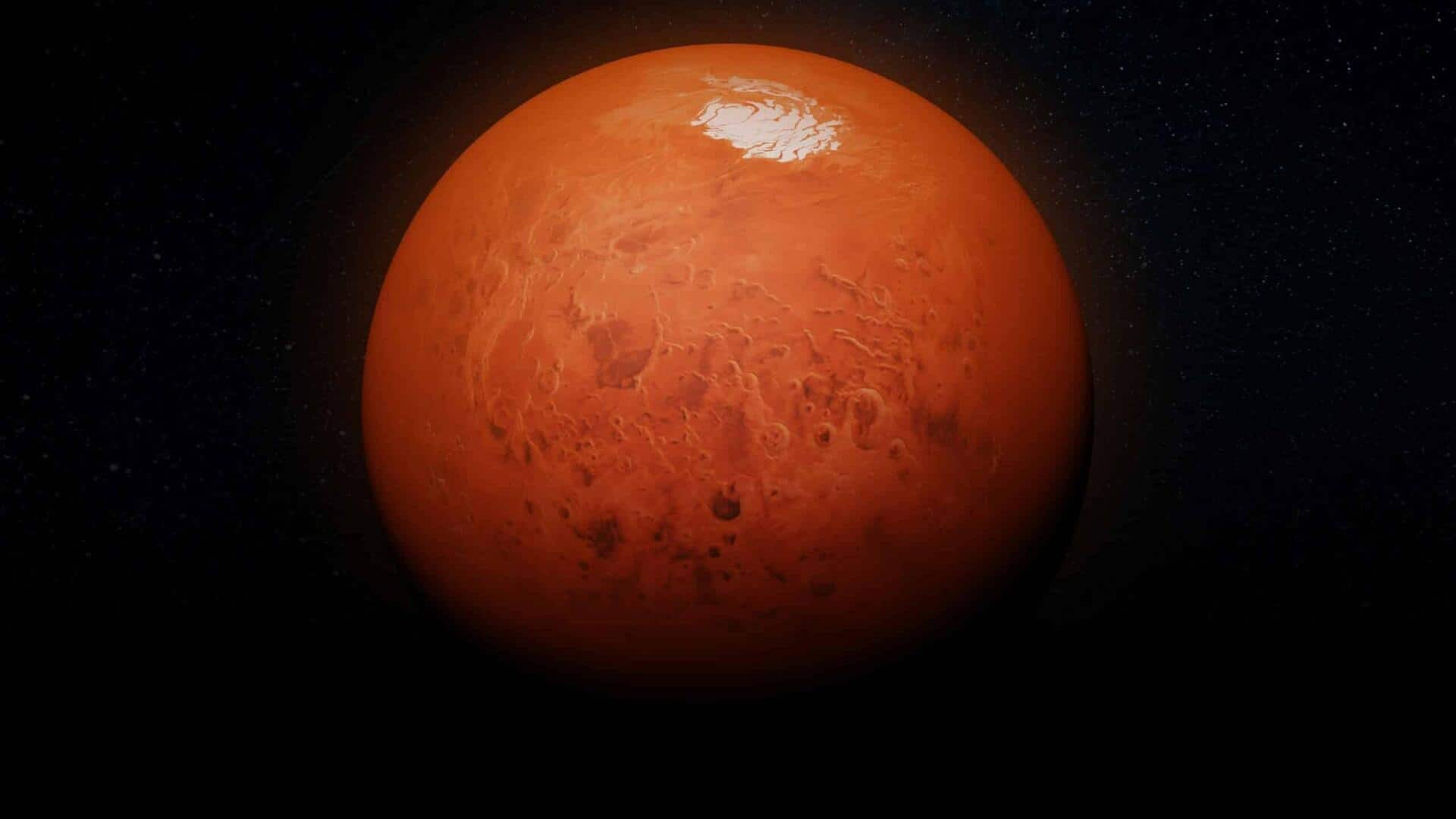
Trip to Mars could damage your kidneys—may need dialysis post-return
What's the story
A recent study led by Dr. Keith Siew from the UCL Department of Renal Medicine has flagged a major health risk of traveling to Mars. The research, published in Nature Communications, examined data from more than 40 space missions, including those to the International Space Station (ISS). It found that outer space conditions can significantly change kidney function and even require dialysis during/after returning to Earth.
Research findings
Study reveals structural changes in kidneys due to space travel
Dr. Siew's team analyzed data from 20 studies and various simulations, including 11 involving animals (like mice and rats) exposed to radiation simulating deep space travel. This is the largest study on kidney health in outer space to date, also encompassing health data on commercial astronauts. The study revealed that kidneys undergo structural changes in space that could potentially cause permanent damage.
Health risks
Microgravity impacts kidney tubules and increases risk of stones
The research emphasized that microgravity, which astronauts experience in orbit, causes some kidney tubules regulating key mineral balances, such as calcium and salt, to shrink. Additionally, spaceflight seems to raise the risk of developing kidney stones—a health problem already seen in astronauts on shorter missions. While astronauts in Low Earth Orbit enjoy partial shielding from Earth's magnetic field, this protection doesn't apply to deeper space missions like those planned for Mars.
Radiation impact
Cosmic radiation exposure linked to kidney function changes
The study's findings showed that exposure to cosmic radiation for up to 2.5 years, has a long-term impact on kidney function. Dr. Siew said, "We know what has happened to astronauts on the relatively short space missions conducted so far, in terms of an increase in health issues such as kidney stones." He added that the reasons behind these issues are still unknown, and it's uncertain what will happen during longer flights like those proposed for Mars missions.